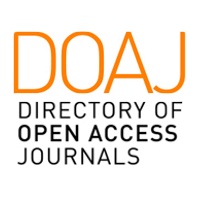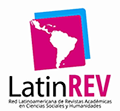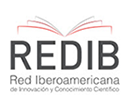Que formação matemática para o professor dos primeiros anos escolares?
Keywords:
Teacher training, Elementary math, Elementary schoolAbstract
The text aims to make a historical analysis of the debates on teacher training models considering the elementary knowledge. In particular, it is considered the mathematical knowledge. It attempts to show that the organization mode of elementary mathematical knowledge is linked to two legacy teacher training models since the late nineteenth century. The study concludes that the confrontational coexistence of these models points to a pendulum that now is based on the internal logic of mathematical knowledge, sometimes in ways referenced in the subject learning mathematics.
Downloads
References
BULLE, N. La pensée pédagogique moderne: entre science et politique. In: JACQUET-FRANCILLON, F.; KAMBOUCHNER, D. (Ed.). La crise de la culture scolaire. Paris: Presses Universitaires de France, 2005.
OLIVEIRA, M. C.; LEME DA SILVA, M. C.; VALENTE, W. R. (Orgs.). O Movimento da Matemática Moderna: história de uma revolução curricular. Juiz de Fora: UFJF, 2011.
RODRIGUES, J. F. Prefácio. In: KLEIN, F. Matemática elementar de um ponto de vista superior. Lisboa: SPM, 2009. v. 1.
SAVIANI, D. Formação de professores: aspectos históricos e teóricos do problema no contexto brasileiro.
Revista Brasileira de Educação, v. 14, n. 40, p. 143-155, 2009. Disponível em: <http://www.scielo.br/pdf/ rbedu/v14n40/v14n40a12.pdf>. Acesso em: 3 maio 2015.
SCHUBRING, G. Un savant des Lumières, un livre élémentaire pour la République. In: CONDORCET. Moyens d’apprendre a compter sûrement et avec facilite. Paris: Art, Culture, Lecture-Editions, 1988. p. 159-175.
TROUVÉ, A. La notion de savoir élémentaire à l’école. Paris: L’Harmattan, 2008.
TROUVÉ, A. Penser l’élémentaire – la fin du savoir élémentaire à l’école? Paris: L’Harmattan, 2010.
VALENTE, W. R. Elementar. In: ______ (Org.). Cadernos de trabalho. São Paulo: Livraria e Editora da Física, 2015. v. 1.
Downloads
Published
How to Cite
Issue
Section
License
Copyright belongs exclusively to the authors. The license rights used by the journal are the Creative Commons Attribution-NonCommercial 4.0 International (CC BY-NC-SA 4.0) license: sharing (copying and distribution of material in any medium or format) and adaptation (remixing), transformation and creation of material from the content are allowed.



























